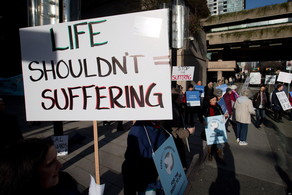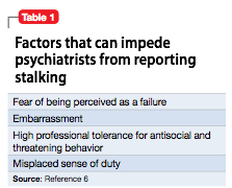
With the US election in full force and many individuals commenting on the presidential candidates, most notably Donald Trump, again the APA has reminded its members to keep the Goldwater Rule in mind. However, this year some psychiatrists and mental health experts are challenging the Goldwater Rule; some say its for the better good of the nation, while others report that having such in-depth access to candidates nowadays they have greater and stronger information with which to base their opinions on.
"Supporters of the Goldwater Rule have cited three main rationales for adhering to it: Most diagnoses made from a distance turn out to be wrong; the labels themselves can cause real harm to the person and family members; and the practice undermines the field’s credibility, particularly its commitment to confidentiality. Not to mention, others say, that it could expose a left-leaning bias in the field...
But those using clinical language to describe Mr. Trump’s behavior contend that this presidential election is vastly different, for a big reason: The proliferation of social media comments and video clips, which afford direct, unscripted access to candidates, was simply not available in previous races. The depth of that material creates a public persona complete enough to analyze on its own merits, they say."
What are your thoughts on the Goldwater Rule? How do you think mental health professionals should respond when asked their opinions on public figures or presidential candidates mental health?
For the full article, click here:
http://www.nytimes.com/2016/08/16/health/analyzing-donald-trump-psychology.html?emc=eta1&_r=1









 RSS Feed
RSS Feed
